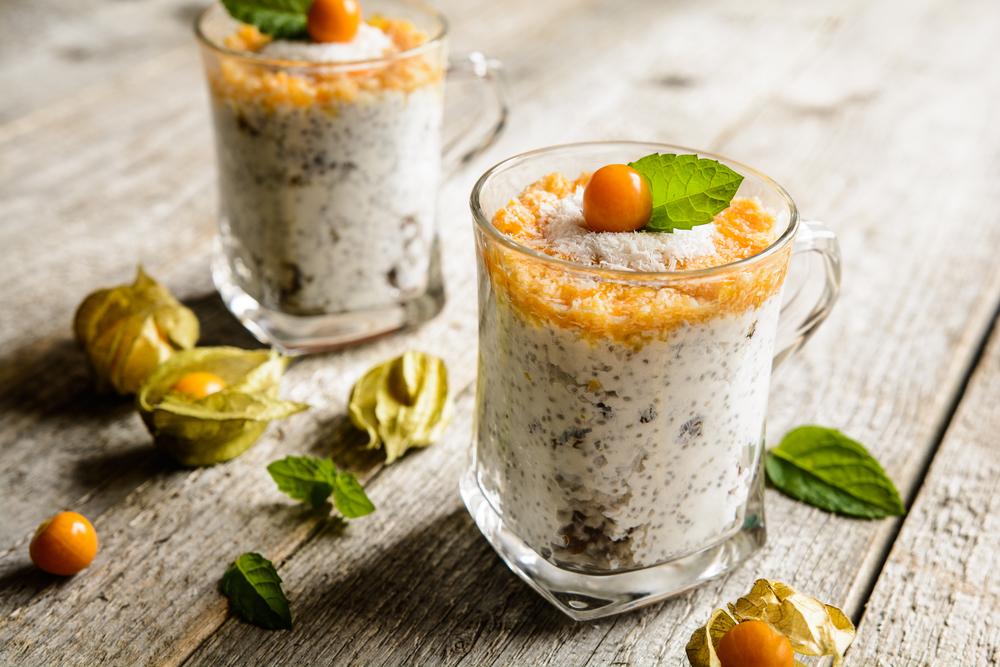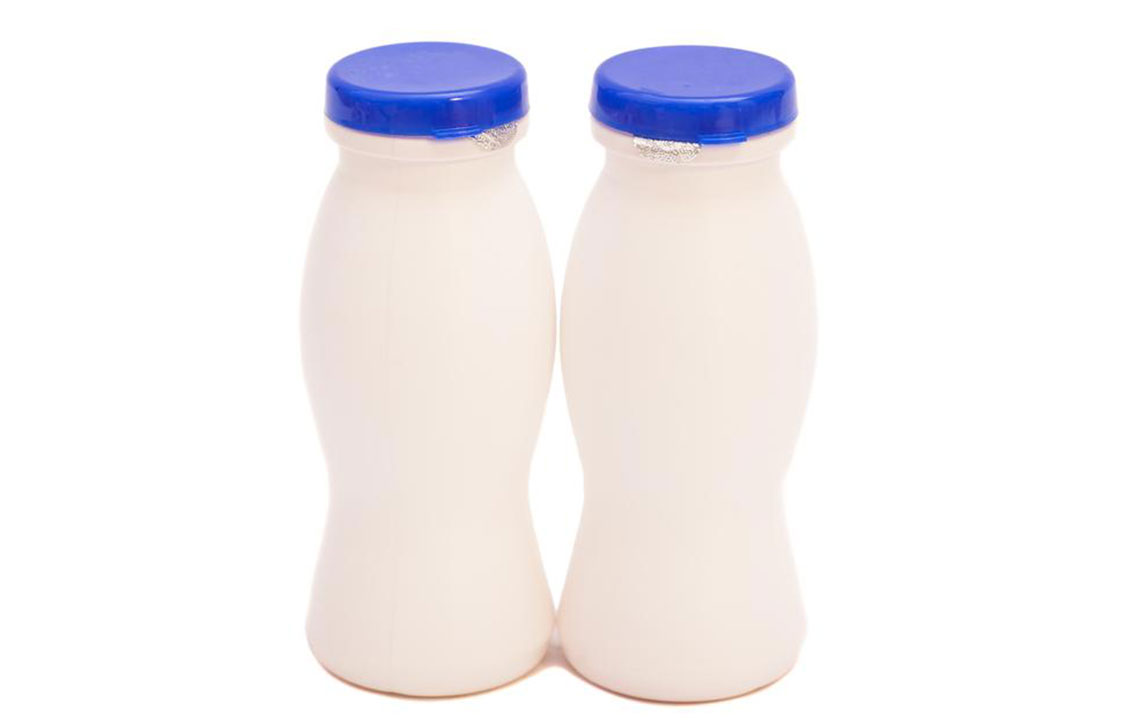Discover the Advantages of Probiotics for Your Health
Explore the comprehensive health benefits of probiotics, including gut balance, immune support, heart health, and weight management. Discover probiotic-rich foods like kefir, kimchi, and yogurt, and how they contribute to overall well-being. Incorporating these foods into your diet can promote digestive health, reduce allergies, and boost immunity, making probiotics a natural way to enhance your health. Learn more about the science behind probiotics and their role in maintaining a healthy lifestyle.
Sponsored

Discover the Advantages of Probiotics for Your Well-being
The term "probiotics" originates from Greek, with "Pro" meaning "promotion" and "Biotic" meaning "life." Our bodies host a complex ecosystem of bacteria—both beneficial and harmful—that have been present since birth. Maintaining a healthy balance between these microbes is essential; imbalance leads to dysbiosis, potentially causing intestinal and overall health issues. Probiotics are live microorganisms that support health by restoring gut flora balance and enhancing immune response. Though it may seem unusual, these bacteria play a vital role in promoting digestive health and bolstering immunity.
Health benefits of probiotics include:
Restoring Gut Balance
An imbalance between good and bad bacteria can lead to allergies, weight gain, and mental health issues. Probiotics help reestablish natural gut flora, counteracting disruptions caused by medication, illness, or poor diet.
Managing Diarrhea
Antibiotics often cause diarrhea by disturbing gut bacteria. Probiotic intake can reduce or prevent antibiotic-related diarrhea and decrease infectious diarrhea duration by approximately 25 hours, and traveler’s diarrhea by 8%. Effectiveness varies with strains and dosage.
Supporting Mental Well-being
Gut health influences mood and mental health. Probiotic supplements are linked to reductions in anxiety, depression, stress, OCD, and memory issues.
Cardiovascular Health
Probiotics assist in breaking down bile cholesterol, reducing its reabsorption into the bloodstream. Consequently, they help lower LDL cholesterol and blood pressure, promoting a healthier heart.
Reducing Allergy Severity
Certain probiotic strains may lessen eczema severity, especially in infants and children, although more research is needed to confirm this link.
Alleviating Digestive Disorders
Strains like Lactobacillus and Bifidobacterium have shown to improve mild ulcerative colitis, IBS symptoms, and reduce necrotizing enterocolitis risk by about 50%.
Enhancing Immune Defense
Probiotics stimulate natural antibody production and immune cells. For example, Lactobacillus Crispatus can decrease urinary tract infection risk in women by nearly 50%.
Aiding Weight and Belly Fat Loss
Probiotics may block dietary fat absorption, promoting excretion, and enhance satiety to reduce calorie intake and fat storage.
Foods Rich in Probiotics:
Kefir
This fermented dairy is packed with bacterial and yeast strains, aiding digestion, boosting immunity, and supporting bone health. It’s an effective probiotic source from goat or cow milk.
Kimchi
Made from fermented vegetables like cabbage and radish combined with garlic and ginger, kimchi is rich in vitamins K and B2, iron, and lactic acid bacteria such as Lactobacillus kimchii. It promotes cholesterol management, gut health, immunity, and skin wellness.
Yogurt
Derived from milk, yogurt contains beneficial bifidobacteria and lactic acid bacteria, improving blood pressure, bone strength, digestive health, and oral health. Ensure it contains live cultures for maximum benefits.






